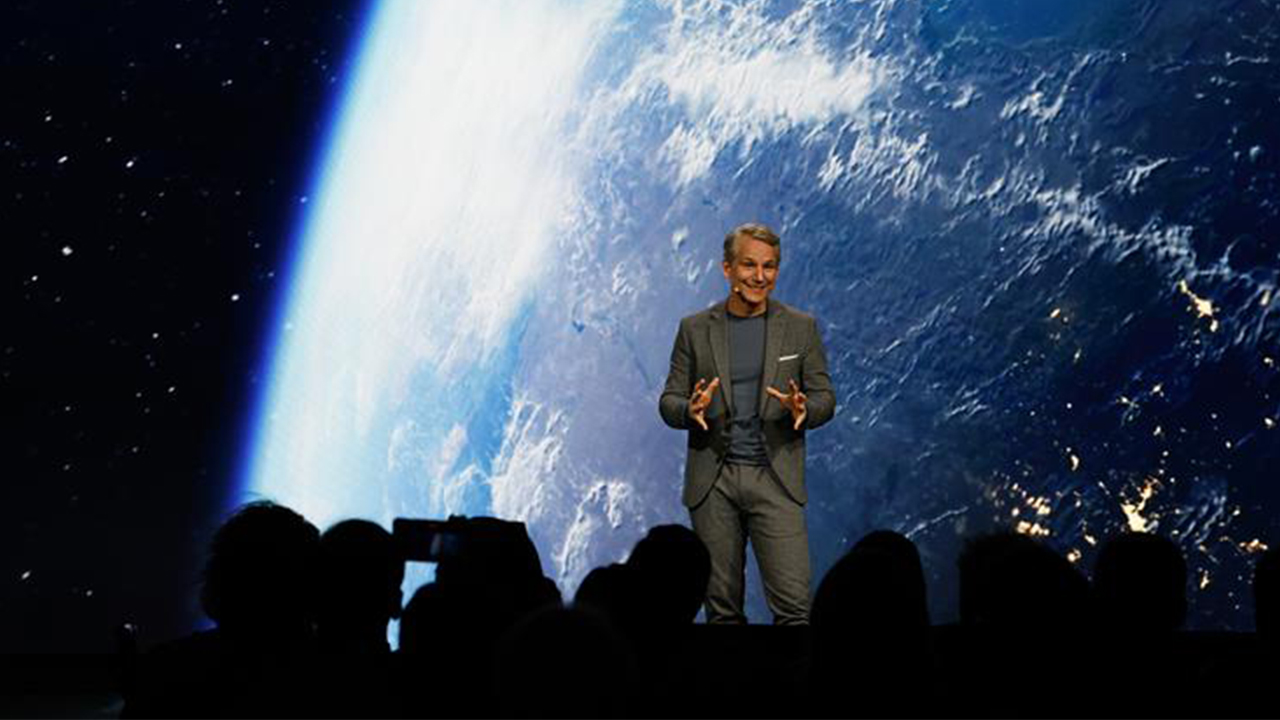CES 2025 was held as scheduled, and Siemens showcased its latest technological achievements in the industrial sector, showing the direction of future industrial development. At the exhibition, Siemens focused on data, artificial intelligence (AI) and software-defined automation, and proposed a smarter, more efficient and sustainable industrial vision to help companies in various industries move towards the future.
Industrial AI: Driving Smart Production
Siemens believes that industrial AI is the key to industry transformation, which can transform large amounts of industrial data into valuable business insights, thereby helping enterprises improve operational efficiency. Siemens has added new industrial AI capabilities to the Xcelerator portfolio to further enhance its customers' competitiveness and resilience in complex environments.
Among them, Siemens' "Industrial Copilot" is an important innovation. This tool deploys AI to the front line of the shop floor to provide real-time decision support to operators and maintenance engineers, helping to increase productivity and reduce equipment downtime. Its applications span discrete manufacturing, process manufacturing, infrastructure, and more, driving human-robot collaboration and accelerating product development. The Industrial Navigator also integrates with the industrial edge ecosystem to optimize production processes and model management through AI technology.
Partnering with JetZero: Advancing Sustainable Aviation
At CES 2025, Siemens announced a collaboration with JetZero to develop an aircraft with a mixed-wing design. The aircraft is expected to improve fuel efficiency by 50 percent, reduce noise and achieve zero carbon emissions by 2035. To achieve this, JetZero will build a new factory in the United States, where Siemens' automation hardware and software will be embedded to help with electrification, automation, and digitalization.
With the Siemens Xcelerator platform, JetZero can use digital twin technology to virtually simulate aircraft and production processes, optimizing production plans in advance and reducing risks. Tom O'Leary, CEO of JetZero, said Siemens' technical support will help them achieve major breakthroughs in the aviation sector and drive sustainable development in the industry.

Photo: Siemens leads the trend of industrial innovation (Source: Siemens)
Supporting start-ups: Driving technology adoption
At the show, Siemens specifically mentioned its plans to promote the development of start-ups. Through the new Siemens Startup Program, Siemens provides innovative companies with the technology, ecosystem, and resources to turn their ideas into products. The program also provides services such as platform cost reduction, venture capital, and more to help start-ups accelerate their growth.
In addition, Siemens has partnered with Amazon Web Services (AWS) to provide AWS credits, business development resources, and more to support startups in technology and marketing.
In-depth cooperation: expand the application of technology
Partnering with NVIDIA: Improving Product Lifecycle Management
Siemens and NVIDIA showcased the latest results of their collaboration at CES 2025. The companies have added new features to the Siemens Xcelerator platform, including the Teamcenter Digital Reality Viewer, powered by NVIDIA Omniverse. The tool applies physics-based visualization to product lifecycle management (PLM) systems to help teams collaborate efficiently in a digital twin environment and reduce data discrepancies and errors.
Collaboration with Sony: Advancing immersive engineering
Siemens' partnership with Sony has launched an immersive engineering solution that combines Siemens' NX engineering software with Sony's advanced head-mounted displays to advance the industrial metaverse. The new immersive engineering toolset will provide engineers with a more intuitive and productive work experience that will drive product design and manufacturing more efficiently.
Designcenter: Simplify design and collaboration
Siemens also showcased the Designcenter software suite, a tool that integrates design software such as Solid Edge and NX to provide a unified solution. With the Parasolid modeling kernel, Designcenter ensures openness and ease of use, helping businesses of all sizes design and collaborate on the same platform, reducing compatibility issues and increasing productivity.
Technology applications: Wide-ranging impact on everyday life
During the show, Siemens also demonstrated how its technology is making an impact across several industries. For example, Spinnova in Finland is using Siemens' digital twin technology and automation solutions to drive the green transformation of textile manufacturing. Wayout International, Sweden, uses edge computing and digital twin technology to develop solutions for drinking water production that improve the quality of life around the world; Norway's Desert Control uses Siemens' industrial technology to improve agriculture and greening in desertified areas.






